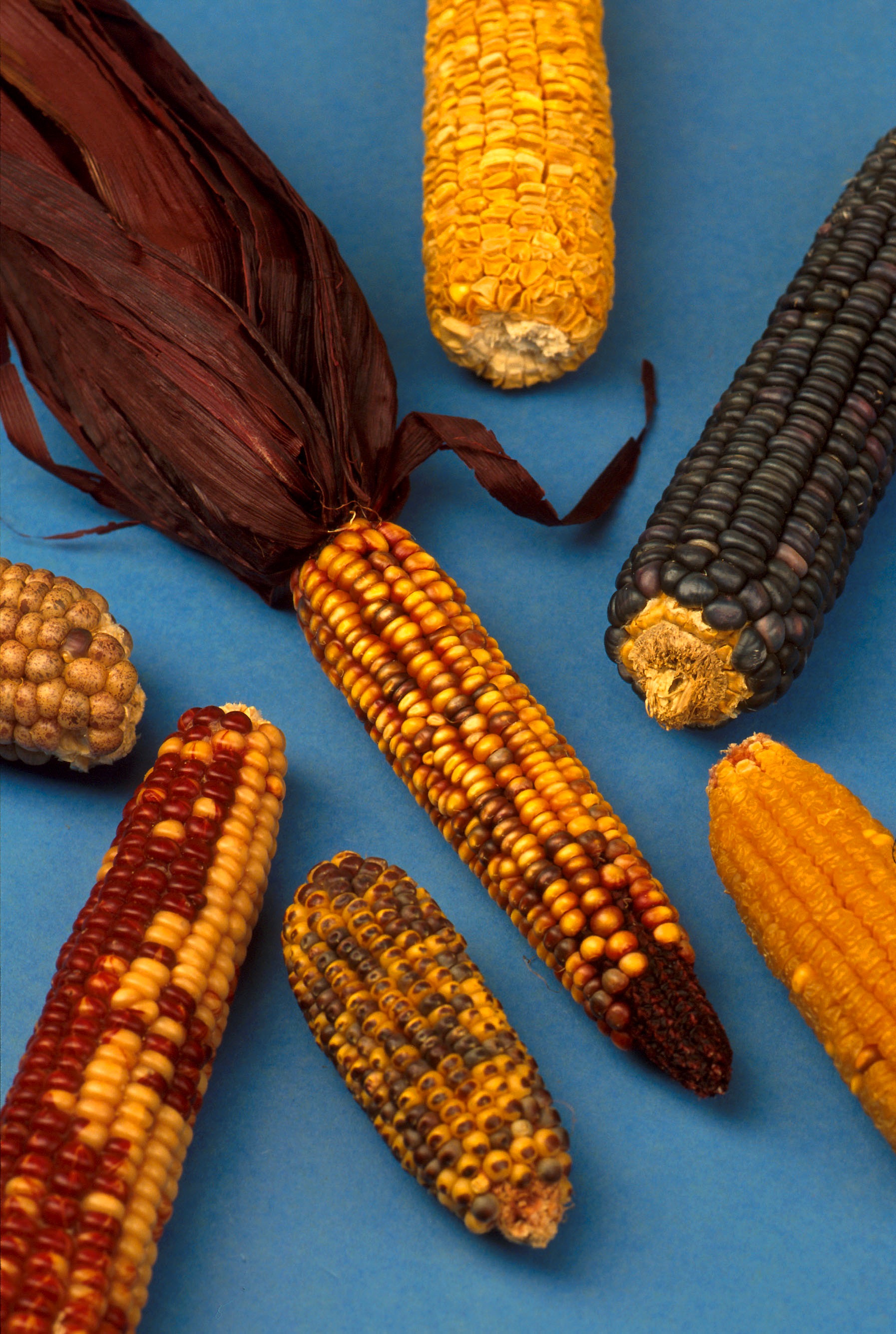
Venezuela Passes Law Banning GMOs, by Popular Demand
The National Assembly of Venezuela, in its final session before a neoliberal dominated opposition takes the helm of legislative power on January 5, passed one of the most progressive seed laws in the world on December 23, 2015; it was promptly signed into law by President Nicolas Maduro. On December 29, during his television show, “In Contact with Maduro, number 52,” Maduro said that the new seed law provides the conditions to produce food “under an agro-ecological model that respects the pacha mama (mother earth) and the right of our children to grow up healthy, eating healthy.” The law is a victory for the international movements for agroecology and food sovereignty because it bans transgenic (GMO) seed while protecting local seed from privatization.
January 1, 2016 | Source: Counter Punch | by William Camacaro - Frederick B. Mills - Christina M. Schiavoni
The National Assembly of Venezuela, in its final session before a neoliberal dominated opposition takes the helm of legislative power on January 5, passed one of the most progressive seed laws in the world on December 23, 2015; it was promptly signed into law by President Nicolas Maduro. On December 29, during his television show, “In Contact with Maduro, number 52,” Maduro said that the new seed law provides the conditions to produce food “under an agro-ecological model that respects the pacha mama (mother earth) and the right of our children to grow up healthy, eating healthy.” The law is a victory for the international movements for agroecology and food sovereignty because it bans transgenic (GMO) seed while protecting local seed from privatization. The law is also a product of direct participatory democracy –the people as legislator– in Venezuela, because it was hammered out through a deliberative partnership between members of the country’s National Assembly and a broad-based grassroots coalition of eco-socialist, peasant, and agroecological oriented organizations and institutions. This essay provides an overview of the phenomenon of people as legislator, a summary of the new Seed Law, and an appendix with an unofficial translation of some of the articles of the law.
The People as Legislator of Seed Policy
The Legal Basis
The Seed Law is a glowing example of the legal personality of popular power (poder popular) at work in Venezuela, the people as legislator. As Article 5 of the Constitution of the Bolivarian Republic of Venezuela indicates, “Sovereignty resides intransferable in the people, who exercise it directly as provided for in this Constitution and in the law, and indirectly, through suffrage . . . .” An example of the direct legislative powers of citizens is found in Article 204, no. 7 of the Constitution which specifically names citizens as potential legislators, should they organize a petition of at least one percent of the registered voters (see also Article 205). There are also numerous references to the legislative power of communal structures in the organic Laws of Popular Power (Poder Popular) passed in 2009 and 2010.
Venezuela’s seed policy had been based on an earlier 2002 Seed Law that was passed in a highly polarized political environment, just months after a short-lived coup against then President Hugo Chavez and just weeks prior to an opposition-led strike and sabotage of the oil industry. That law was superseded in April of 2004, when after halting a project to plant Monsanto’s transgenic soybeans on 500,000 acres of land, then President Hugo Chavez declared, “The people of the United States, of Latin America, and the world, need to follow the example of Venezuela free of transgenics.” This declaration constituted a virtual ban of transgenics. It was also consistent with the government’s emphasis on endogenous development. Endogenous development, as Christina Schiavoni and William Camacaro describe it, means development from within:
“[Endogenous development] implies first looking inside, not outside, to meet the country’s needs, building upon Venezuela’s own unique assets. This means valuing the agricultural knowledge and experience of women, Indigenous, Afro-descendants, and other typically marginalized campesino (peasant farming) populations as fundamental to Venezuela’s food sovereignty. This also means preserving Venezuela’s native seeds, traditional farming methods, and culinary practices.”
Such endogenous development received further support when in June 2012, Chavez made the Country Plan (2013 – 2019) his presidential campaign platform. The Plan, which is now the law of the land, includes among its five major objectives, “the construction of an eco-socialist economic model of production based on a harmonic relationship between humans and nature that guarantees the rational and optimal use of natural resources, respecting the processes and cycles of nature.” The Plan also prioritizes the expansion of agricultural production, but only in a way that advances the goal of food sovereignty (1.4) and accelerates democratic access to the necessary resources for sustainable agricultural production (1.4.2).
